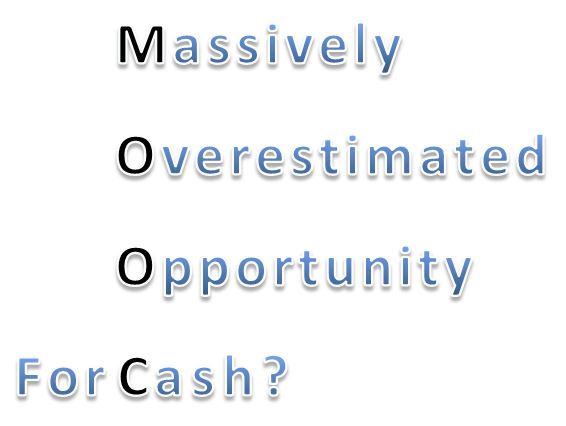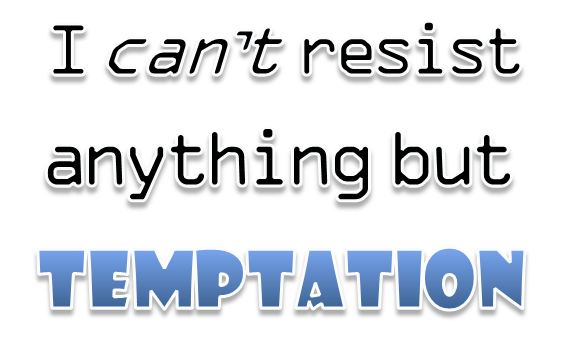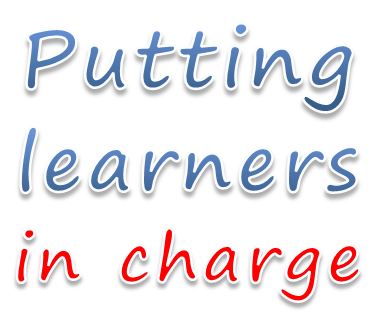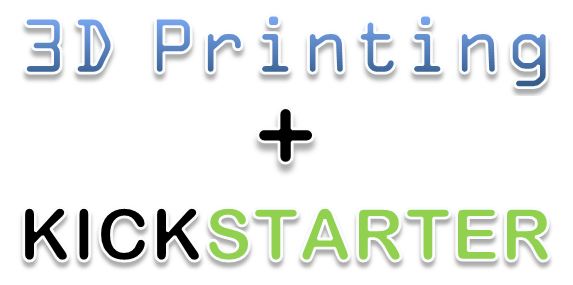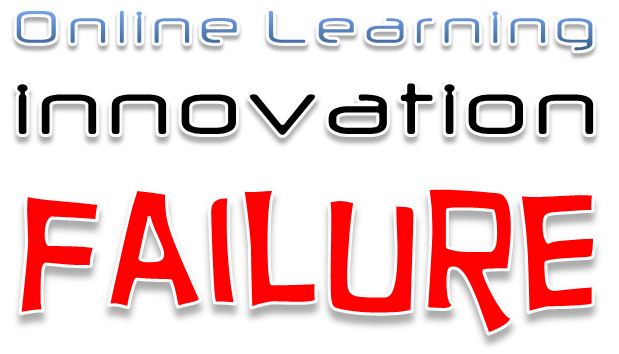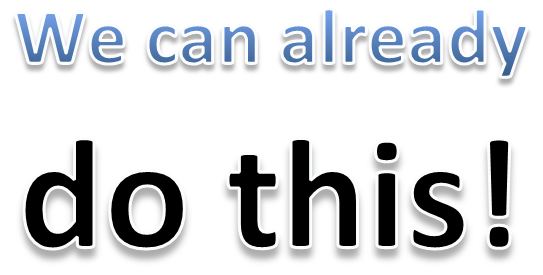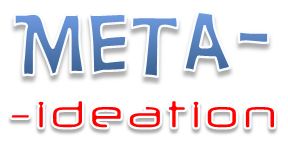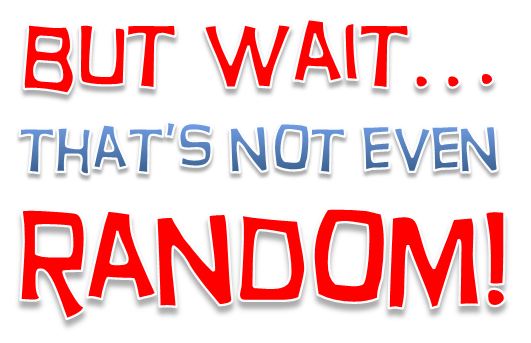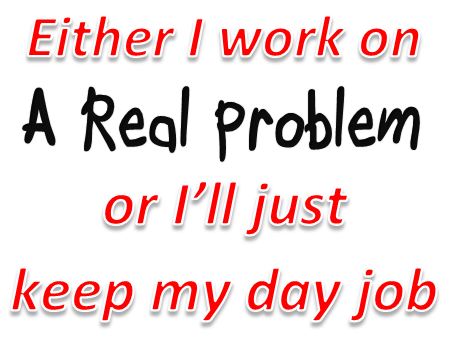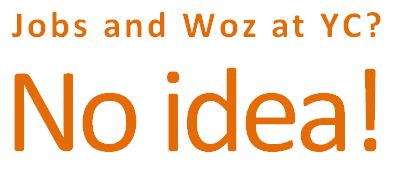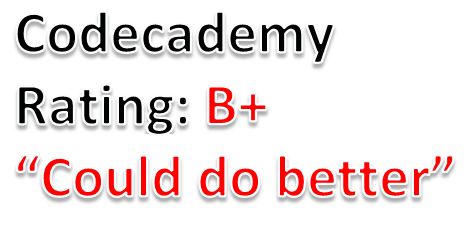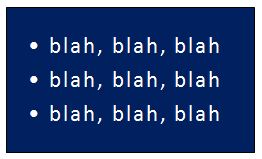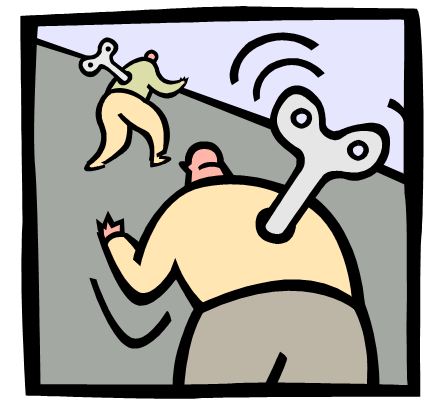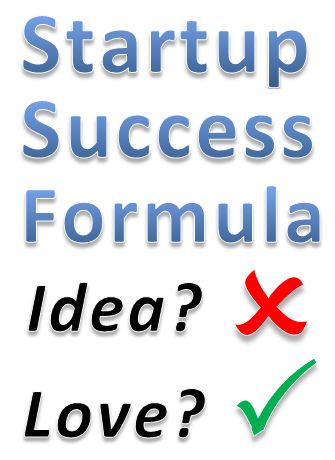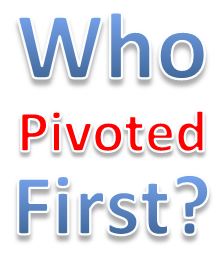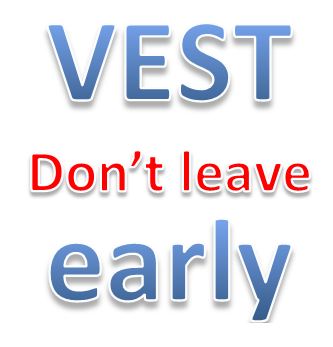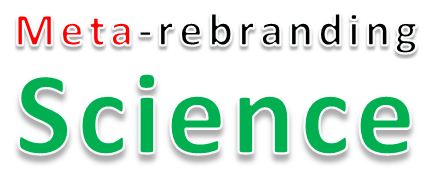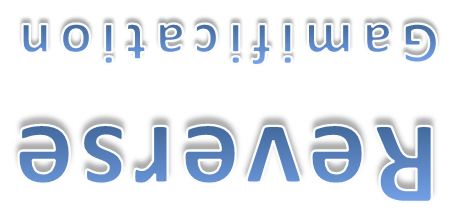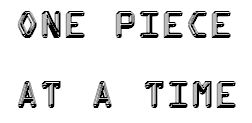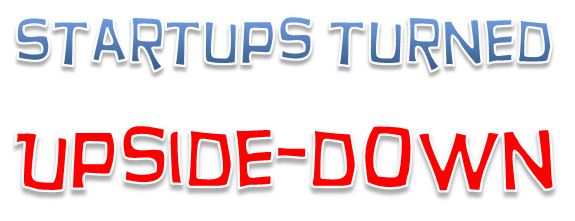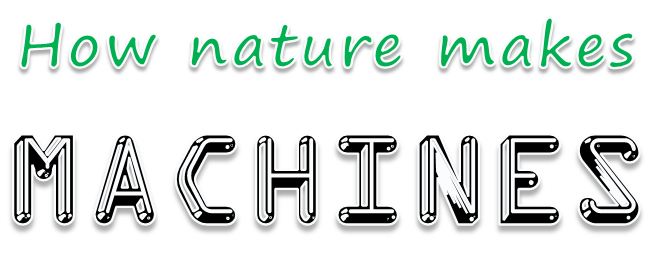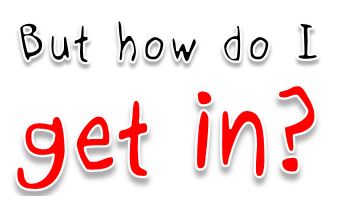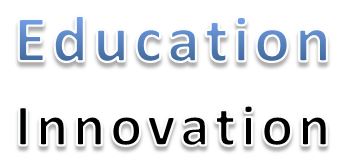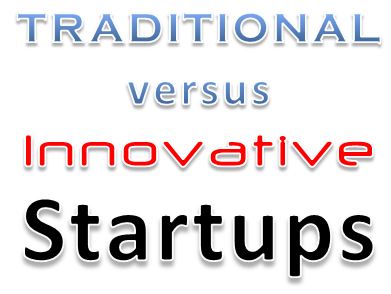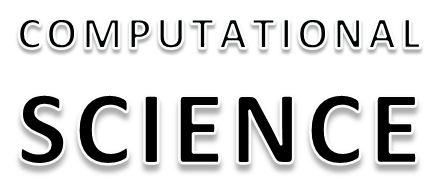The MOOCs are coming! The MOOCs are coming!
The educational world, terrified by Massive Open Online Courses, is putting on a brave, smiling face and joining in, because it sees them as unstoppable and hopes it can somehow survive and even benefit from them
Startup mentoring: is there something missing?
The list of services that an officially accredited UK mentor is NOT allowed to provide just boggles the mind
Post-Genomics: Wikipedia says no
There is no Wikipedia article on this subject at the time of writing, but it is now a well established field which cries out for a much wider public understanding
Science shows that self-discipline taxes the soul
We wisely use our ‘self-restraint muscle’ to get things done, but research shows that even exercising it just a little bit can turn the most robust of minds into momentary marshmallow
Coming soon to a learning experience near you: metacognitive strategies
Counter-intuitive way of reducing unnecessary pressure on students? Stop telling them how easy it’s going to be.
Nine 3D printer startups have been funded on KickStarter
Hardware crowdfunding successes from under a thousand to well over half a million dollars
New Bond Thriller, With Social Impact
Don’t let the impenetrable jargon put you off. Social Impact Bonds, which bring “only paying for success” to public funding for privately-run social projects, are genuinely innovative. But will they make a real difference?
Microfluidics: micro, because biotech isn’t just nano
Two important new introductory talks about the background and latest developments in ‘lab on a chip’ technology
Why are we so bad at teaching struggling learners online?
What makes a struggling online learner struggle?
10M die every year, just begging for better diagnostics
Cheaply improving diagnosis in the developing world has an impact which is simply staggering. There’s a vast backlog of breakthrough science and technology waiting to be applied
Building systems that can solve tougher problems
To achieve this, a system (involving people and machines) should be constructed so that it can ultimately, in some relevant ways, become ‘smarter’ than any of its individual (human) participants
Pivoteer skills
What makes people good at pivoting? 21 things which, if you can’t do them well, will probably keep your career in the world of innovative startups short and disappointing
Meta-ideation: ideation about ideation
What new things should a growth-hungry economy be doing about coming up with new ideas?
Nomination For the 2012 Infinitely Improbable Pivot Award
And you thought AirBnB’s Chesky’s early switch into repackaging breakfast cereals which he eventually had to eat in order to survive would clinch it? Nope. Not improbable enough.
Gamification isn’t enough: we’re missing something big here
Using the dynamics of games as a way of improving engagement in such things as work, marketing and education shows great promise, but something relevant that gamers do is being ignored
Fixing the ‘unsolved problem shortage’ that holds back potential startup founders
Shortages of easily-tackled unsolved problems are a first world problem: elsewhere, countless established ‘solutions’ are just unaffordable, each one a gift to any problem-seeking would-be entrepreneur
What if a time-travelling, pre-Apple Jobs & Wozniak applied to Y Combinator without a startup idea?
What kind of problem would YC have suggested for these prospective startup founders to work on?
Codecademy horror? 40 years of research into computer learning ignored
The ‘teach yourself to program’ site is just not equipped to have an intelligent conversation about any problems you’re having as you go along. What impact is this having on the dropout rate?
When (media) worlds collide
This video reveals something shocking about Old Media: they are doing more new media stuff than any New Media operation: Why? They have much greater resources and they’re scared
Is blaming PowerPoint really just “shooting the messenger”?
It turns out that claims of causing “Death by PowerPoint” may conceal a far more pernicious offense: our unpardonable ignorance of how human attention actually works
Major debate video: Is ‘who we are’ more than just brain-wiring?
Which side are you on? Are you a ‘connectomist’ who believes that once we fully map the connections in the brain, all it’s secrets will be revealed? Or are you ‘connectome-quizzical’ and looking for a wider range of perspectives before taking up a position?
1.8 million regular listeners to a US science and philosophy radio show?
Is the BBC’s long-established domination of ‘serious’ talk radio finally seeing a serious challenge?
Video: talk brings you up to date on just about every major field in genomics
A roller-coaster ‘how we got to where we are today’ tour by the US government’s Director of Research, starting with a look back to the point eleven years ago when the momentous results of the Human Genome Project were made public for the first time
Humanoid, moi? We’re all Stepford wives now
It’s 1996: students experiment with being cyborgs. That strange circuitry covering one eye? People imagine they’re disabled, offer them chairs. Nowadays you’d need to pry our ubiquitous connections to the borg collective (er, sorry: ‘cloud’) out of our cold, dead hands. So are we there yet?
Love: the most important thing about startup founder matching
What will hold startup founders together through those ‘sense of impending doom’ moments? The fact that the business idea is great? Y Combinator’s Paul Graham thinks not: the relationship between founders has to be more important than the venture.
Metagamification in marketing: just an integration thing?
If gamification is about ‘applying the art of games design to things other than games’, marketing metagamification takes what games designers do when they ‘go beyond the boundaries of a defined game’ and apply THAT to branded social apps
20 Percent Time 2.0
We pay your wages, but the IP rights for anything you create in your 20% time are 100% yours
Did Eric Schmidt really invent The Pivot before Eric Ries?
Google’s Schmidt talked about ‘morphing’ a project, but watching this Marissa Mayer video today, as she describes her boss’s suggestion three years before Ries’s, although the idea and the approach are different, the outcomes feel uncannily similar
Award for the most confusing little word in the startup vocabulary: Vest
A serious attempt to clarify some of the things which make vest and vesting a bit mind-bending for startups
How to detox bewildering tutorials
A strategy for recovering your confidence and fixing the problem when struggling with confusing course material
For women computer scientists, Mudd sticks
Paltry numbers of computer scientists are women. Christine Alvarado helped QUADRUPLE those numbers at Harvey Mudd College, whose reputation for excellence rivals MIT: this video offers insight into how she did it
He’s a NASA legend, acclaimed songwriter and science marketing guru
If it’s a tough time to be a scientist, maybe that’s more than just a branding issue. Nonetheless, scientists would probably be unwise to ignore thoughtful advice about presentation from someone highly regarded in both the arts and sciences
Reverse gamification’s next big test? Windows 8 Metro
Here’s concrete proof that Windows 8 is a puzzle that its intended users cannot solve unaided. Reverse gamification suggests that ultimately, this fact probably won’t make the slightest difference to its prospects for success
Scientists, so impractical? The results are in: Commercial Targets: 0, Freedom: 1
Scientific creativity. An engine of growth and innovation, held back by a lack of market focus and managerial discipline? So a stricter commercial regime should turn science into a lean, mean, innovation machine, right? Well…
It self-tunes, it’s not a $4,000 Firebird X and it costs $495
Am I the only one in the world who thinks the motor-tuned $4,000 Firebird has the best guitar shape ever?
Reverse gamification
Puzzles are (deliberately) bad user interfaces. We’re told to love the look of things which have ‘invisible’ interfaces, because designers love simplicity. Hide those countless features, make it look simple. But this turns things into games with hidden rules. Not everyone wants to play.
Double your (dole) money?
Startup founders, while their venture is still revenue-free, are not really self-employed. Unless they’ve also got a day job, they’re technically unemployed. This fact opens up opportunities for some really imaginative startup incentives
Industry downloaded
Today’s dark satanic mills may soon turn darker still, once we start printing everything in three dimensions. Far less satanic, tomorrow’s mills may be our homes, as ‘economy of scale’ becomes uneconomical and mass production goes niche
Startup mentoring versus apprenticeship
The interaction between startups and startup mentors has a fundamental difference from ‘apprenticeship’, something which has major implications for the future of innovation
Startups below zero
So I’m calling it: the margin of costs beyond a founder’s living expenses is now officially zero. What next?
She’s busy composing new biological symphonies
What’s happening to bioengineering, in the ‘post-life-synthesis-announcement’ era?
How does nature create nano size motors?
There’s so much talk of biologically inspired innovation, I thought it was about time to start tracking down briefings on ‘how nature got there first’
Four questions that determine whether an accelerator should accept you
Jessica Livingstone offers her own feelings about what Y Combinator wants and I try to read between the lines
Shattering our Customer Relationship Management delusions
Ever wondered what would happen if anyone actually bothered to check out those incessant claims everyone makes that ‘customer service standards are constantly improving’?
Educational reform as we know it will die
Renowned educational critic Steve Peha is unconvinced that any of the current or proposed major educational reform initiatives will change anything. Ever.
Dragging small traditional businesses into the startup innovation ecosystem
Small traditional businesses? They’re already ‘inside’ the startup world, aren’t they? No. They typically know nothing about such things as Lean Startup, Startup Weekend or Y Combinator, and even when they do, they think it has nothing to do with them. Are they right?
Where is the computational juggernaut driving open science?
Science is ‘going virtual’ in a big way: rapidly escalating computing horsepower is turning lots of real-world research into simulation-based experimentation. Is this helping or hindering the latest open science initiatives?
Self-help 2.0 is self-gamification
Disappointingly, behaviour change through ‘just gamifying your own health tracking’ doesn’t always work very well. Why not? It just might turn out that, for most of us, personal health tracking is not really a single player game.

